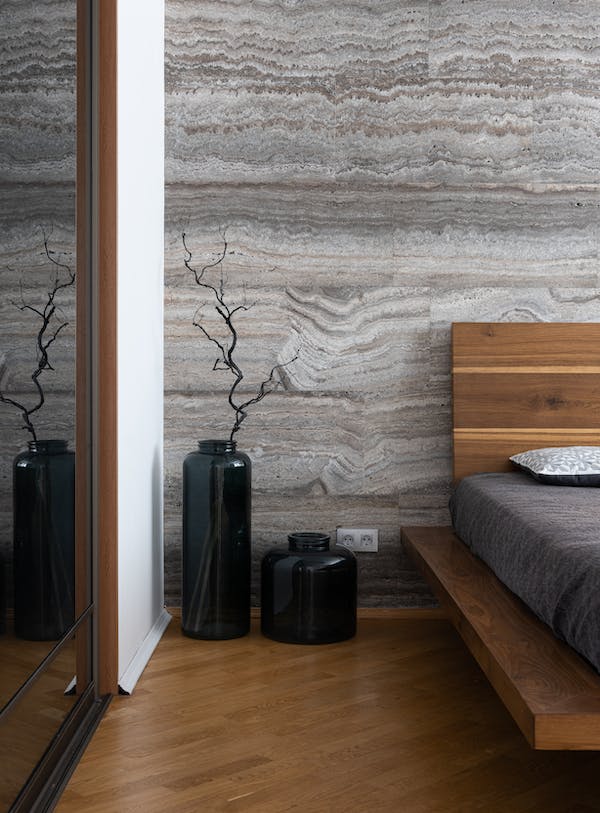In the battle against addiction, individuals often find themselves at a crossroads, seeking a path that leads to lasting recovery. One significant avenue that has demonstrated remarkable success is residential rehabilitation. Also known as inpatient treatment, these programs provide individuals with a structured and immersive environment designed to address the physical, psychological, and emotional aspects of addiction. Let’s delve into the key factors that contribute to the effectiveness of residential rehab programs.
**1. 24/7 Support and Supervision: One of the distinctive features of residential rehab is the constant support and supervision provided. In a residential setting, individuals have access to a team of trained professionals around the clock. This level of support is crucial during the initial stages of recovery when individuals may experience intense cravings or face emotional challenges. The continuous presence of medical and therapeutic staff ensures prompt intervention and guidance, fostering a secure environment for healing.
**2. Structured and Immersive Environment: Residential rehab programs create an environment where individuals can focus solely on their recovery without the distractions and triggers of the outside world. The structured nature of these programs involves a daily schedule that includes therapy sessions, group activities, and individual counseling. This structure helps individuals build routines, develop coping mechanisms, and establish healthier habits, all essential components of sustained recovery.
**3. Comprehensive Therapeutic Approaches: Residential rehab programs often employ a variety of therapeutic modalities to address the multifaceted nature of addiction. These may include individual counseling, group therapy, family therapy, and holistic approaches such as art or equine therapy. Tailoring the treatment to each individual’s needs ensures a more comprehensive and personalized recovery experience.
**4. Peer Support and Community: Being part of a community of individuals facing similar struggles can be a powerful motivator in residential rehab. Peer support provides a sense of camaraderie and understanding, fostering connections that often extend beyond the duration of the program. Sharing experiences and insights with others who are on a similar journey helps individuals realize that they are not alone in their challenges.
**5. Focus on Dual Diagnosis: Many individuals grappling with addiction also face co-occurring mental health disorders. Residential rehab programs often specialize in addressing dual diagnoses, offering integrated treatment for both addiction and mental health issues. By addressing the root causes of addiction, these programs aim to provide more sustainable and long-term recovery outcomes.
In conclusion, the success of residential rehab programs lies in their ability to provide a supportive, structured, and immersive environment that addresses the complexities of addiction. By offering 24/7 support, a variety of therapeutic approaches, and a focus on individualized care, residential rehab programs empower individuals to break free from the chains of addiction and embark on a journey toward lasting recovery.








